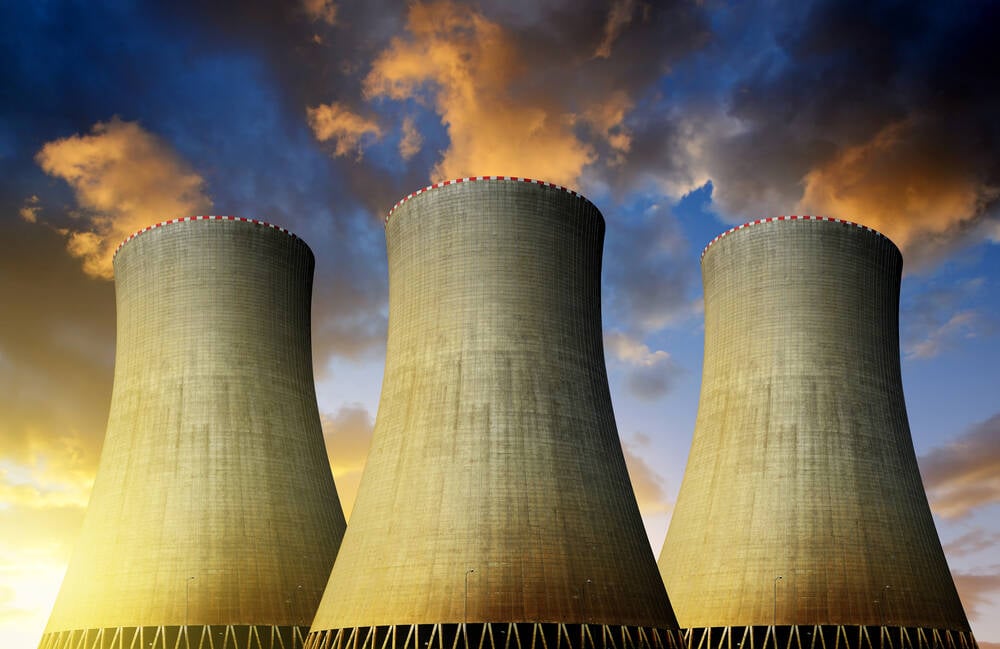"carbon capture".There is no such thing. It could be carbon neutral if carbon capture is used in the process but otherwise it’s still fuel with exhaust emissions.
The process is extremely costly in terms of (electric) energy used so direct electrification will always be superior.
You’re absolutely right that big oil will be all over this though
Doesn't simple thermodynamics dictate that the thermodynamic energy cost of "capturing" that carbon will have to be as much or more than the energy liberated from burning the carbon, and therefore it would make burning the fuel in the first place a net loss if it has to be recaptured at some point?
And isn't the above the simple, end-all answer to any suggestion of "carbon capture" as a solution for anything (yet for some reason I've never see it stated this simply before)?






